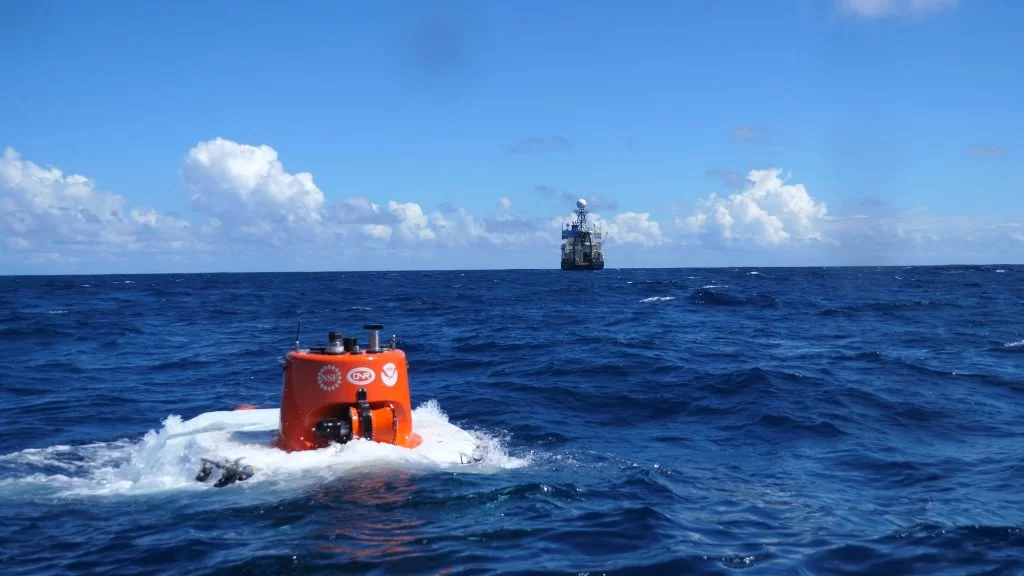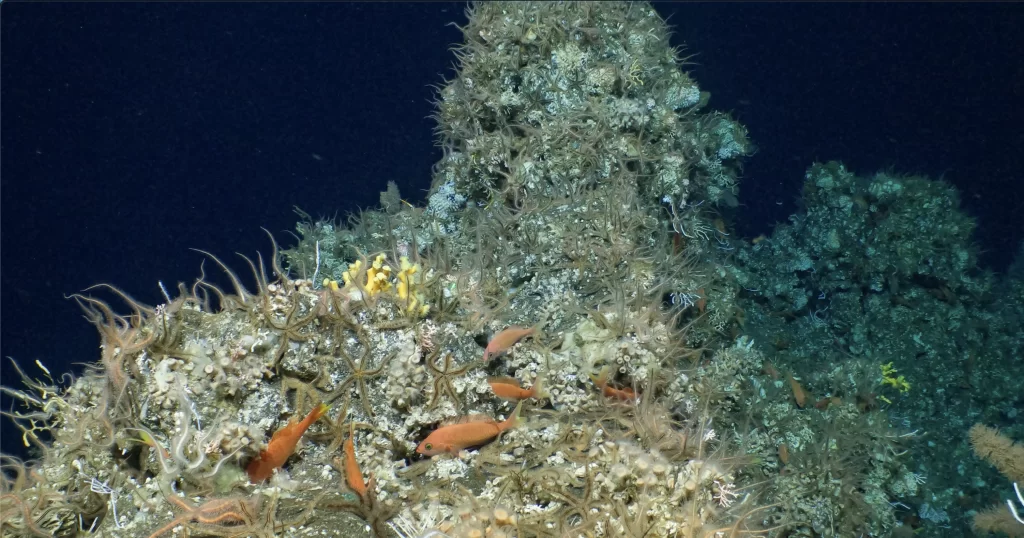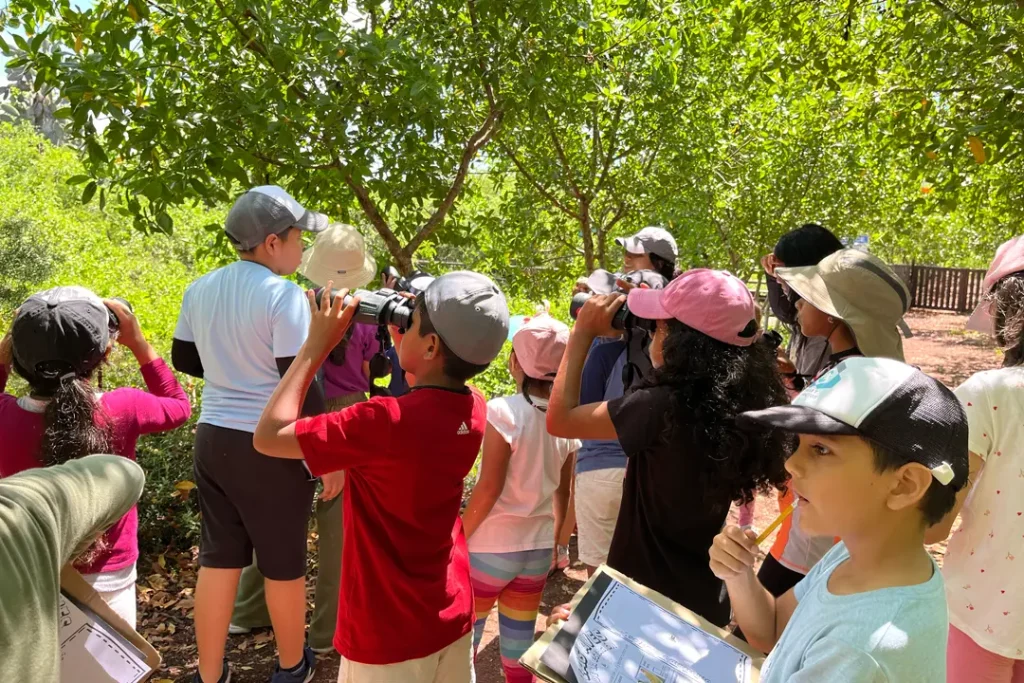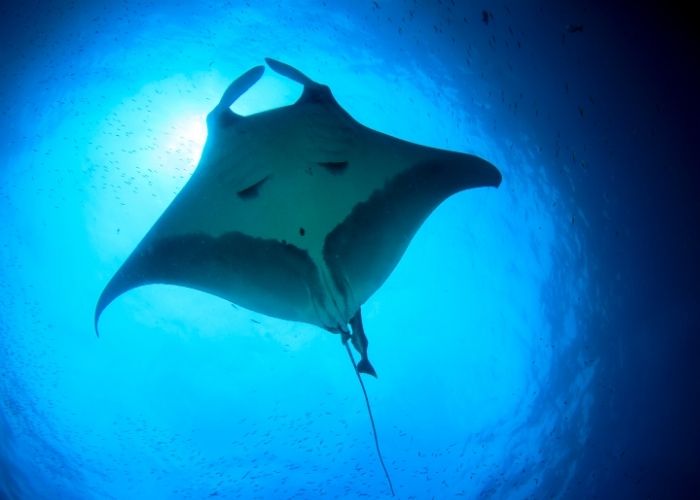Danny Rueda is the director of the Galapagos National Park. He highlighted the importance of this discovery and noted that these pristine eco-systems had never been studied or monitored before. He said that “our commitment is to continue monitoring the ecosystems and the biodiversity we have discovered”
The deep-sea submarine Alvin was used for the expedition, and it provided valuable information on little-known habitats. Alvin’s technology allowed scientists to collect data at depths that were beyond the usual range of 44-66 yards. Jennifer Suarez of the Galapagos National Park Directorate’s Head of Marine Ecosystems Monitoring said that this expedition allowed for a better understanding of these areas, and their biodiversity.
Washington Tapia is excited about the discovery of the reef, the first of its type in the Archipelago. Tapia emphasized the importance of this discovery, not only in terms of biodiversity on Galapagos, but also for paving the path for future research into the marine ecosystem.
Deep-water coral reefs offer a rare chance to observe their evolution in the face of changing climate conditions. It is important to note that this discovery highlights the importance of continuing exploration and monitoring the oceans in order to protect these delicate and unique ecosystems.

Atlantis expedition © L. Robinson



